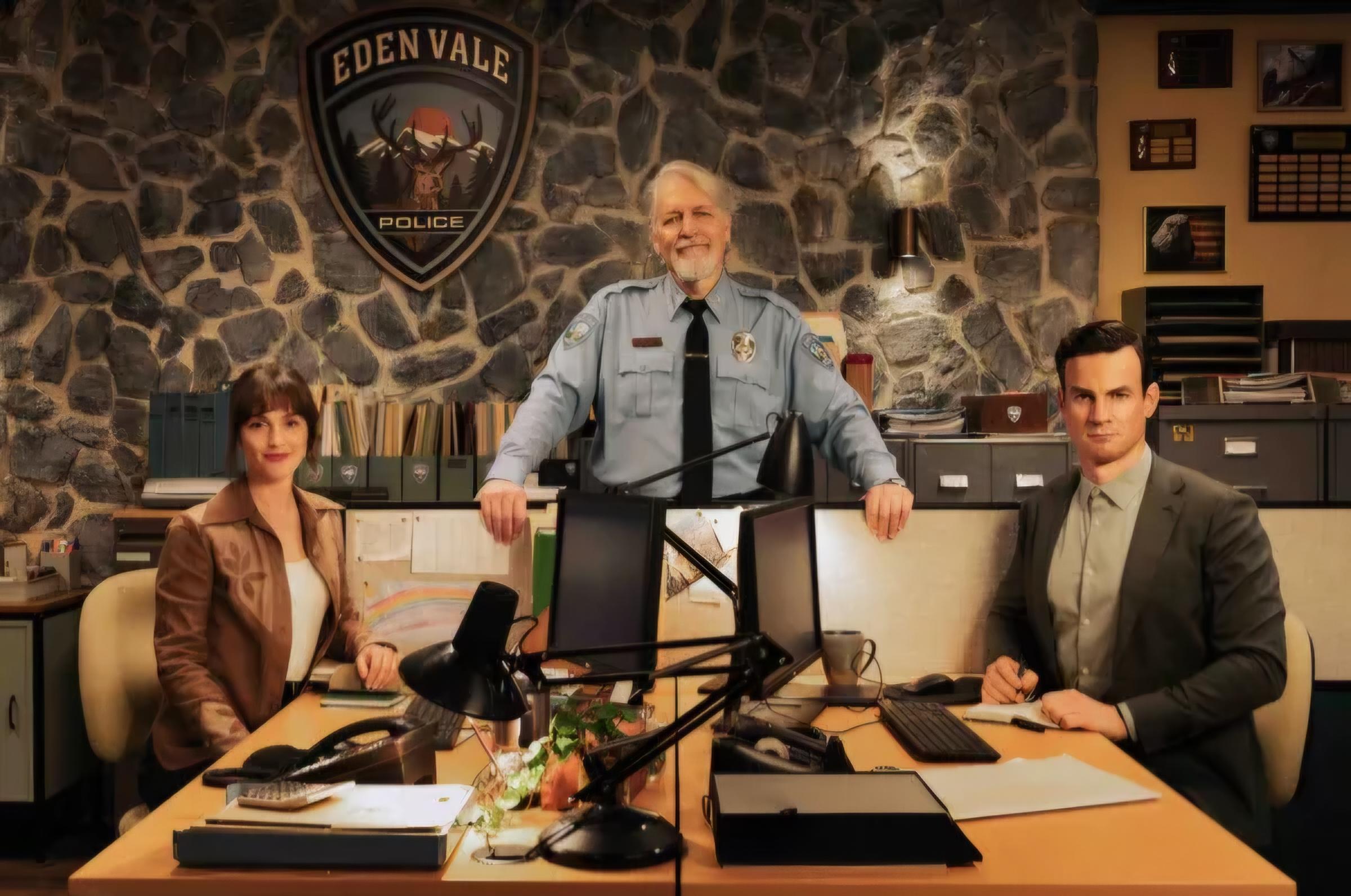In Bad Cop (2025), tension smolders beneath the badge of a precinct meant to uphold justice. Set in a gritty urban landscape rife with corruption, the film explores the moral descent of Detective Ethan Kane, an exemplary officer whose life starts to unravel when he’s assigned a case that brings him too close to his own dark secrets.
Ethan is investigating a series of murders that appear to be linked to an underground crime syndicate operating in the city’s decaying south side. His old partner, Theo Rivera, vanished while tracking this group years ago—and evidence resurfaces suggesting Theo may still be alive, possibly entangled with the very organization he once sought to expose.
Teaming up with rookie detective Marisol Vega, Ethan dives into the criminal underworld, forging uneasy alliances with informants and dirty cops alike. Vega offers a foil to Kane’s cynicism: principled, empathetic, and determined to see justice done—even if it means exposing internal rot. Their partnership confronts systemic failures, departmental cover‑ups, and blurred lines between law enforcement and law-breaking.
The narrative doesn’t shy away from gritty realism: internal affairs hearings, leaked surveillance, and tense custody raids reveal how fragile ethical boundaries can be. Kane’s world collapses when he discovers that Theo has become an enforcer for the syndicate—an identity he wears willingly, fueled by vengeance. The final act is charged with moral complexity: does Kane save his friend or uphold the law?

Visual tone is sharp and stark—dark alleyways, hazy precinct back rooms, split‑screen interrogations, and night‑time stakeouts evoke noir classics. The film balances procedural suspense with psychological weight. Flashbacks reveal Kane and Theo’s shared past, anchoring the emotional core and raising the stakes beyond crime-solving.
Commentary
Bad Cop (2025) is a haunting character study dressed as a crime thriller. Detective Ethan Kane's arc follows the slippery slope from idealism to moral compromise. The film probes how good cops make bad choices—not out of malice, but because the system bends them. Marisol Vega’s presence offers a moral compass and makes Kane’s transformation all the more tragic.
What sets this imagined film apart is its unflinching look at institutional decay—internal affairs, political pressure, and how justice can be weaponized. The story isn’t about clear-cut heroes and villains. Instead, it leans into the tragic complexity of those doing the right thing for the wrong reasons.
The plot unfolds with steady pacing, tension building through discoveries, betrayals, and choices rather than excessive action. The climax—a rooftop confrontation where Kane must choose between arresting or protecting Theo—feels earned, emotional, and ambiguous.
Ultimately, Bad Cop (2025) is a potent commentary on corruption, loyalty, and what it means to serve justice in a flawed system. It offers no neatly tied closure, leaving audiences to wrestle with the question: even in black-and-white law enforcement, the lines between right and wrong may forever be blurred.
-1751467707-q80.webp)


